In recent years, the practice of sleeping in cars—whether due to long road trips, lifestyle choices, or housing challenges—has become more common across the U.S. In Washington State, this trend is shaped by a mix of state statutes, local ordinances, and public sentiment. For 2025, knowing where it’s legal (and where it’s not) could save you from fines, towing, or worse. This guide breaks down what you need to know about sleeping in your car across different situations in Washington: highway rest stops, state parks, city streets, private parking, and even broader rights for folks living in vehicles.
Why People Sleep in Cars
Sleeping in vehicles has many motivations:
-
Road-trippers & adventurers stretch their budgets and like the freedom to roam, often between cities like Seattle, Spokane, Portland, and Vancouver.
-
Commute workers use car sleeping to avoid long drives or expensive housing near job sites.
-
Vehicle residents—those who live permanently in their cars—are often driven by affordability crises, particularly in expensive areas such as King or Snohomish counties.
A recent count showed over 2,300 people in King County lived partly in cars or vans—around a fifth of its unhoused population. This reflects a broader trend: as housing costs rise, more people turn to vehicles as temporary homes.
Washington State Snapshot
Washington law offers a mixed bag:
-
Federal law doesn’t outright criminalize sleeping in cars, but state and local rules often set restrictions.
-
On state highways, rest areas usually allow sleeping in vehicles—but only for limited time.
-
In cities like Seattle or Tacoma, local ordinances and parking rules may prohibit car dwelling.
-
Certain programs offer safe parking spaces for vehicle residents.
You’ll need to navigate layers: statewide rest‑area rules, county/state park rules, city codes, and private property stipulations.
Overnight Sleeping on Public Roadways
Putting your car on the side of any public road (even rural highways) with the engine off and sleeping inside is generally risky:
-
Washington State Patrol and local law enforcement consider it illegal in most cases.
-
Side-of-the-road parking is seen as a safety hazard.
-
If caught, you could be ticketed for improper parking or even cited for camping where not allowed.
Washington’s law is clear—public road shoulders are not designed for overnight stays. Stay wary of “just pulling over for a nap.”
Rest Areas Along Highways
One of the most traveler-friendly places to sleep in your car is a state‑designated rest stop:
-
You can park and sleep inside your vehicle for up to eight hours in any 24‑hour period.
-
No tents, chairs, or other camping setups are allowed.
-
Commercial trucks get up to 11 hours (mirroring federal trucking rules).
-
Disabled, non-moving vehicles must leave within 48 hours or face towing.
-
These rules are posted at most rest areas, and enforcement is generally by the State Patrol.
Rest areas are a good bet if you’re driving long distances—just make sure to move on before the eight-hour limit.
State Parks and Camping Lands
State and national parks in Washington have different rules from highway rest areas:
-
Car camping is permitted, but only in official campsites—usually near trailheads or picnic loops.
-
You typically need to pay and reserve a space.
-
Random overnight sleeping in your car outside a designated campsite is not allowed; that is considered camping without a permit.
-
Parks often limit stays (e.g., 10 nights in any 30-day period in one park, or 90 nights total per year across all parks), and you must follow quiet hours, vehicle limits per site, etc.
-
If you’re living long-term in a car, parks are not an option—these rules aim to preserve recreational access.
Private Land and Business Parking Lots
Private property offers another option—but only with permission:
-
Stores like Walmart or 24-hour restaurants frequently allow overnight parking. Policies vary by location—check with store management or signs.
-
Absent explicit permission, the landowner or law enforcement could have you removed or ticketed.
-
RV parks and campgrounds sometimes offer spaces to car campers for a fee.
-
Religious organizations and nonprofits may run “safe parking” programs, especially in King and Pierce counties—offering monitored lots and wraparound services.
Local City Restrictions
Cities around Washington add another layer of complexity:
-
Seattle has restrictions limiting vehicle dwellings on residential streets—usually banning overnight parking or extended stays.
-
Tacoma, Olympia, Bellevue, Spokane, and others have similar prohibitions, often restricting stays beyond one or two days or banning habitation outright.
-
These rules are enforced via ticketing or towing.
-
Some cities offer safe-parking programs or designated RV lots; others impose stricter bans, especially in high-density or business corridors.
-
Residential permit zones may restrict non-permit holders; some “anti-camping” local laws specifically apply to vehicles.
So rules in Seattle may differ greatly from those in Kitsap County or rural north Thurston County.
Rights of Vehicle Residents
If your car is your residence, Washington law provides some protections:
-
Your vehicle may qualify as a “homestead,” protecting up to $125,000 of its value from creditors—useful during towing disputes.
-
If your car is impounded while legally parked, you can challenge its release using homestead protection.
-
However, those protections won’t override local parking violations—they don’t prevent fines or towing if you’re breaking city rules.
-
Homestead claims require vehicle titling and registration. Older or junk cars on public property without valid tags are at higher risk.
Still, if you’re a resident in your vehicle and need to fight towing, you have legal footing.
Practical Safety & Comfort Measures
Before you sleep in your car, consider:
Safety first
-
Stick to well-lit, populated rest stops, private lots, or safe parking programs.
-
Keep valuables out of sight; lock doors.
-
Have a charged phone and emergency kit ready.
Comfort and hygiene
-
Invest in window shades, sleeping pads, warm bedding.
-
Use gyms, truck stops, rest stops, or community centers for showers.
-
A small sealed container for trash helps respect surroundings.
Health and legal concerns
-
Don’t sleep drunk in the driver’s seat with keys—Washington enforces “physical control” DUI laws, and you could be arrested even if sober.
Vehicle care
-
Be ready to move at a moment’s notice—keep registration current, maintain operability, and avoid looking abandoned.
Alternatives & Support Options
If sleeping in your car is more than a road-trip stop:
-
Search for safe parking lots, often by churches or social-service groups.
-
Shelters in cities like Seattle and Spokane offer alternatives, though access may be limited.
-
Some cities run day-use centers or hygiene facilities for vehicle dwellers.
-
Join local forums or Facebook groups for vehicle-based living—they often share safe spots and community guidance.
Tips for Responsible Car Sleeping
-
Know the rules: check rest area signs, city parking regulations, or ask local authorities.
-
Rotate parking: avoid overstaying anywhere to circumvent potential ticketing.
-
Pack tools: flashlight, water, snacks, first-aid kit.
-
Be discreet: draw no attention—no outdoor gear or lights.
-
Stay connected: carry an external battery and car-adapter charger.
-
Emergency plan: if ticketed or towed, have contacts ready—towing companies, legal aid, or court info.
-
Respect environment: always remove trash, respect noise rules, no campfires or outdoor cooking outside permitted zones.
Conclusion
In Washington State in 2025, sleeping in your car can be perfectly legal—or highly problematic—depending on where and how you do it:
-
Public road shoulders? Usually not legal.
-
Rest areas within time limits? Yes—up to 8 hours for regular vehicles.
-
State parks? Only inside designated, paid campsites.
-
Private lots? Requires explicit permission.
-
Cities? Subject to local ordinances; often prohibited altogether.
-
Vehicle residents? Some legal protections exist—but still subject to parking rules and public safety.
Navigating car sleeping in Washington means staying informed about rules, choosing safe and legal locations, and being respectful. Whether you’re adventuring through Mount Rainier, commuting near Everett, or living near downtown Seattle, planning ahead keeps you literate, safer, and more comfortable.
Stay smart, stay legal—and may your journeys be restful and trouble‑free.

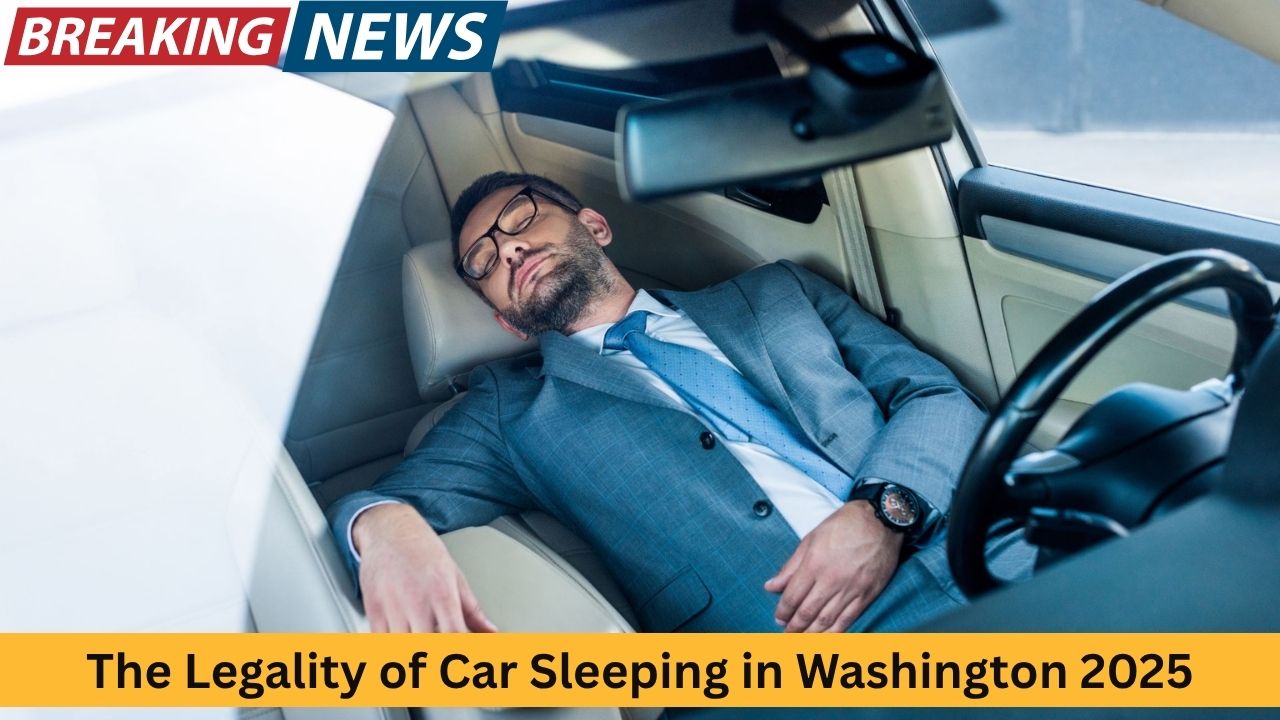
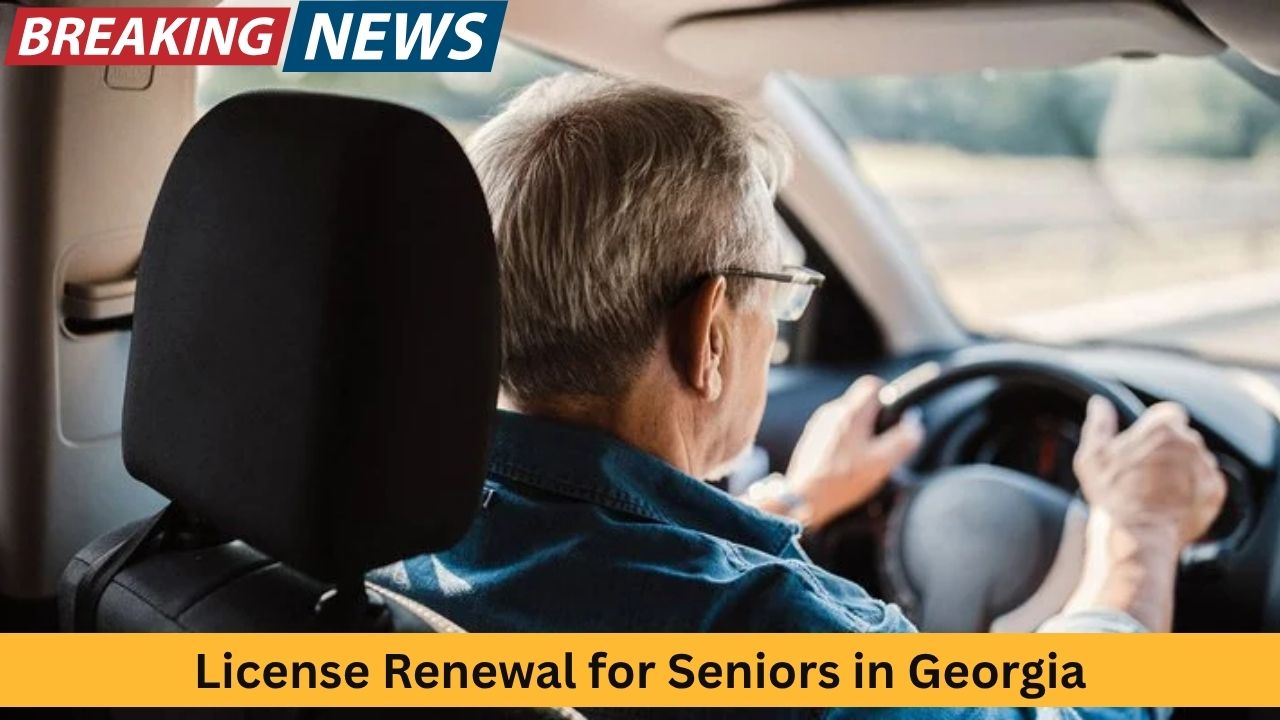
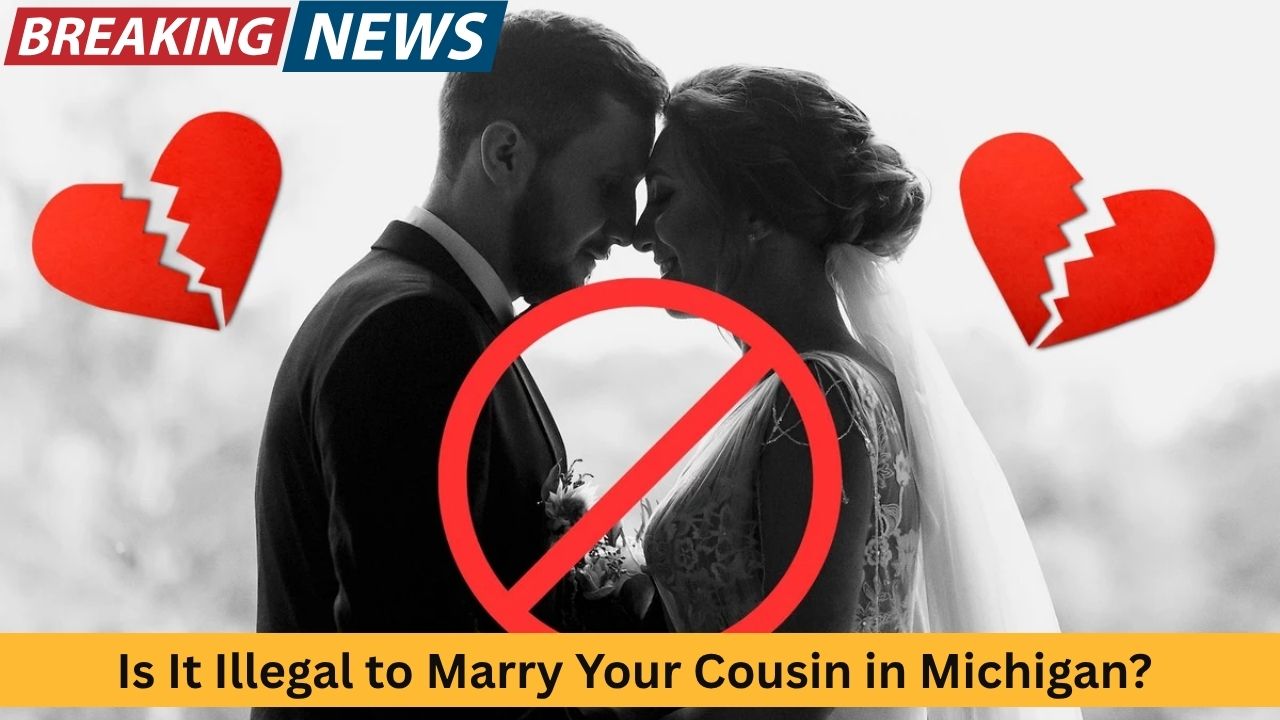
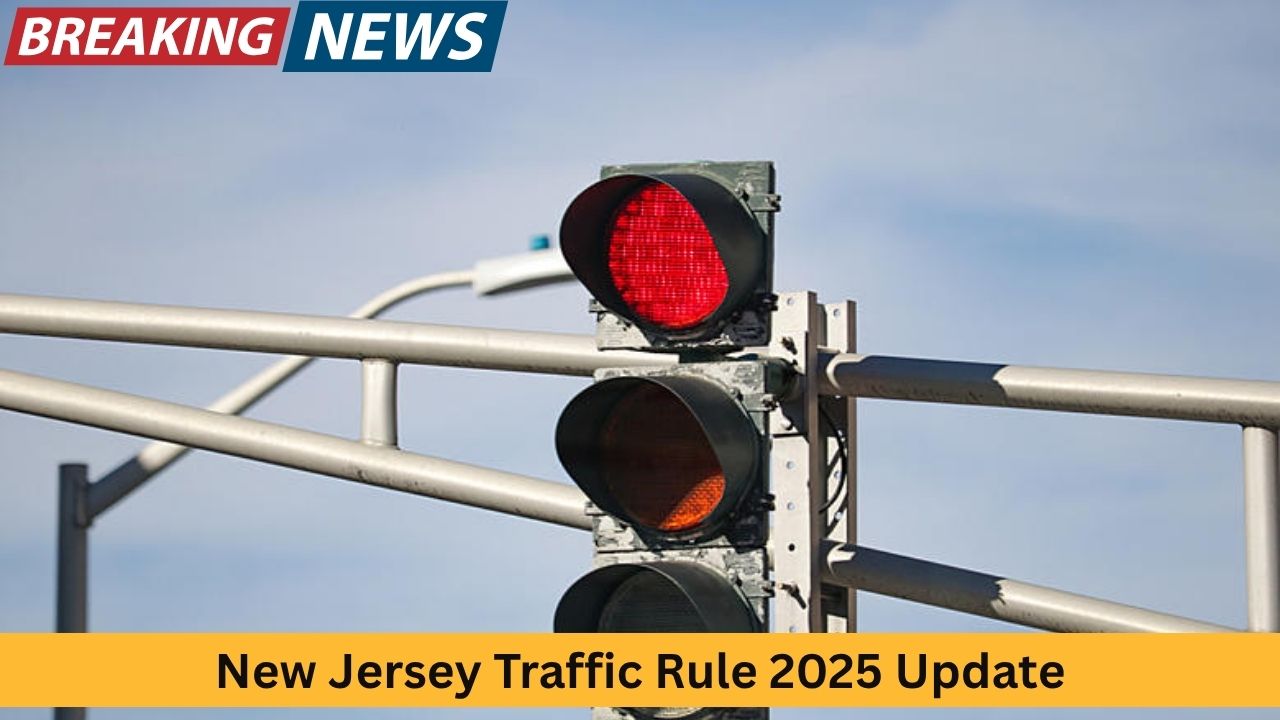

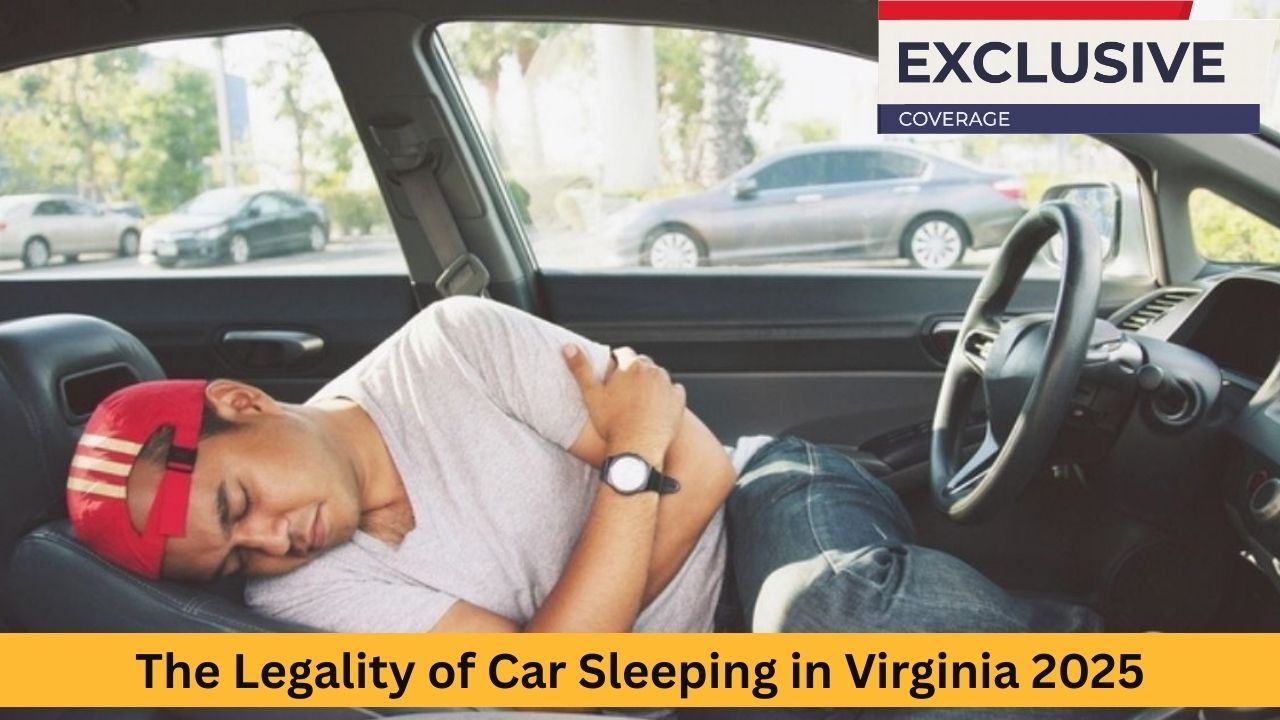

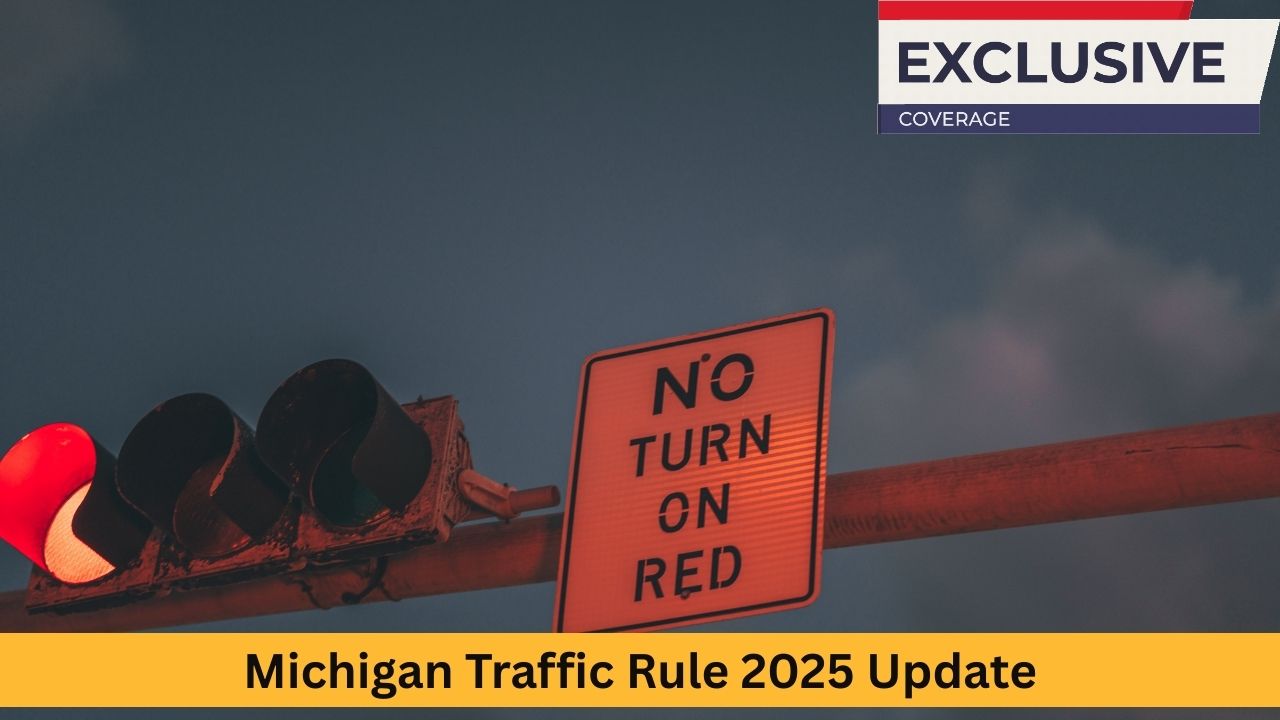

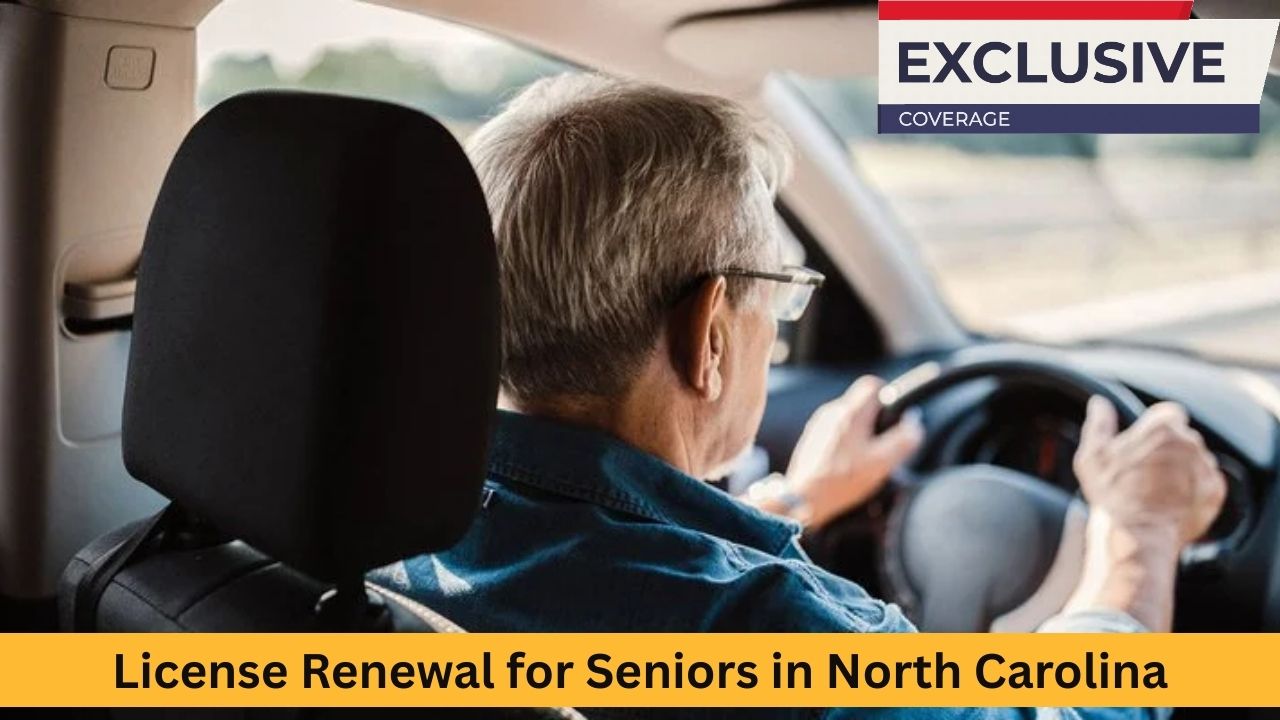
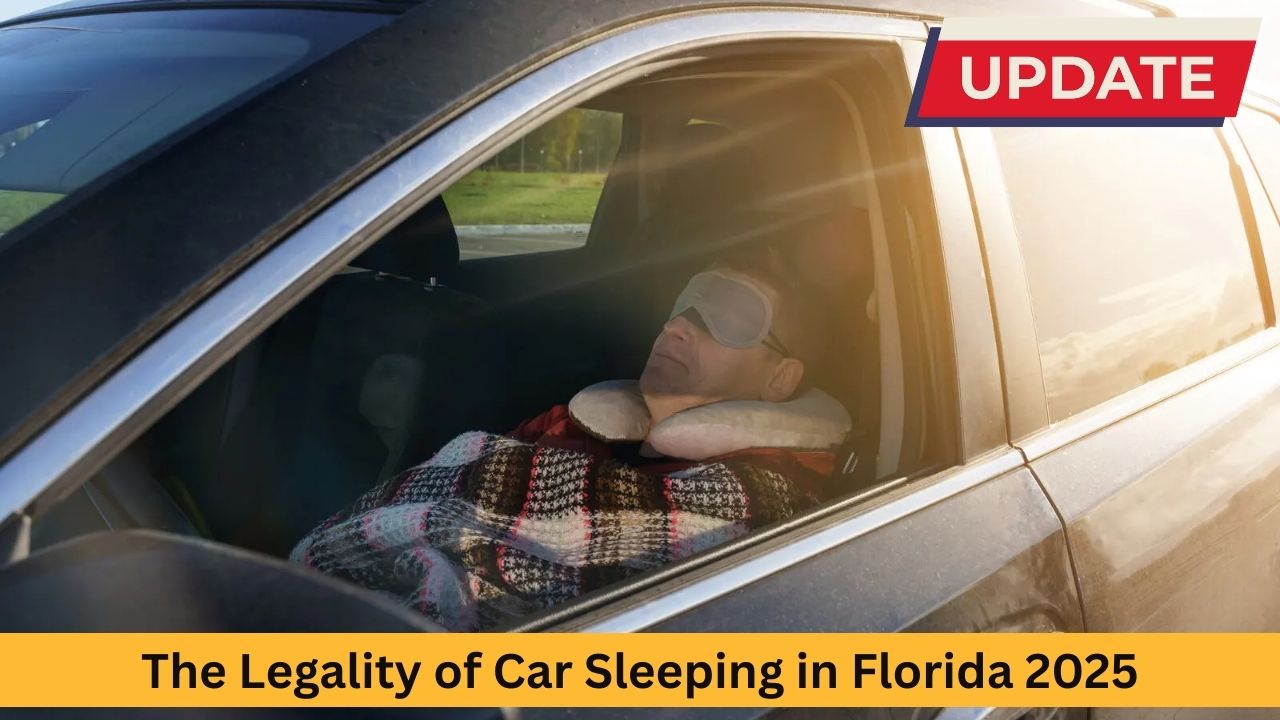
Leave a Reply